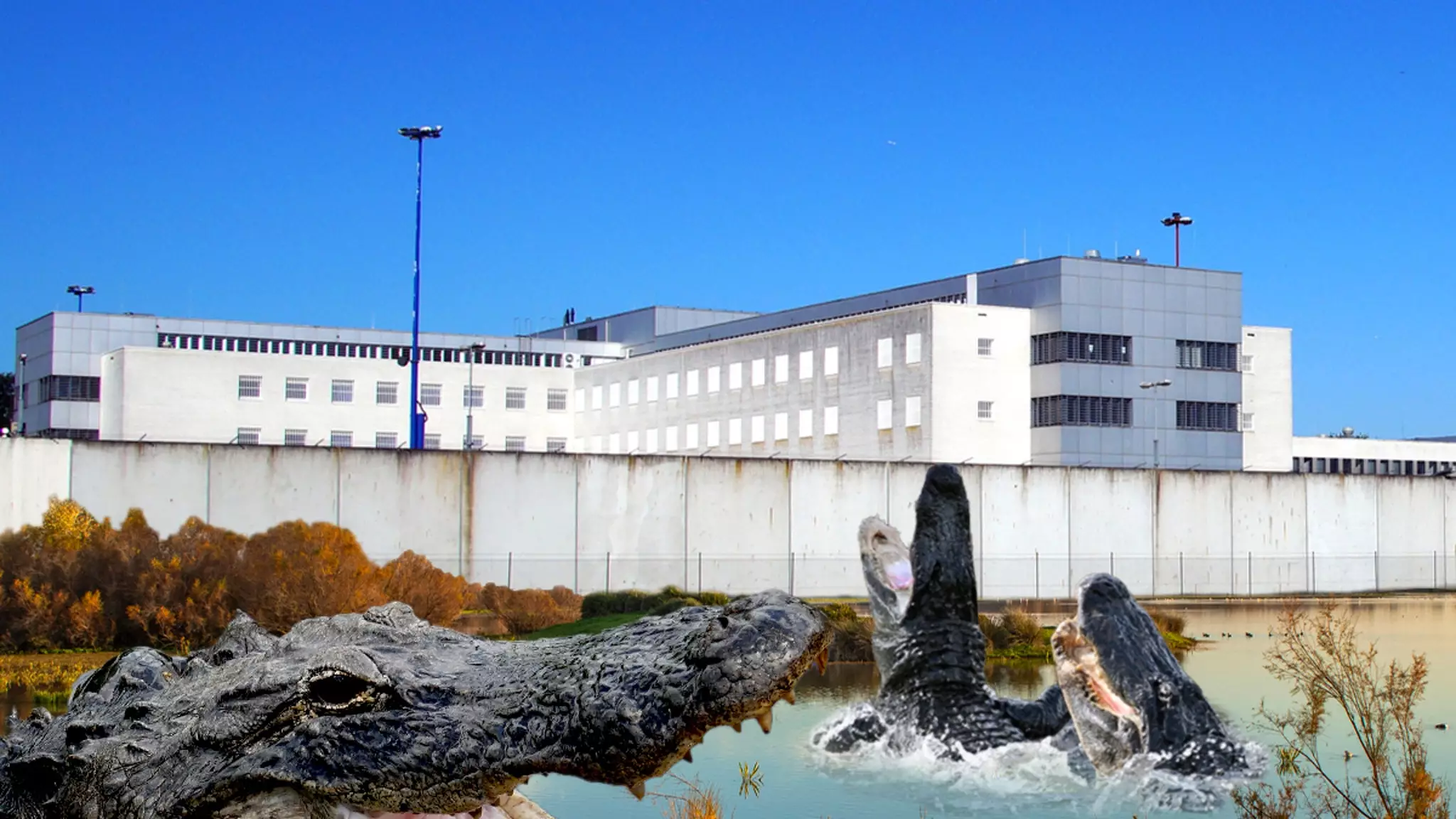In a move that could only be described as audaciously whimsical, Florida’s Attorney General James Uthmeier has unveiled a scheme involving turning the Everglades into an immigration detention center. This outlandish concept, which Uthmeier has dubbed “Alligator Alcatraz,” proposes housing undocumented immigrants surrounded by the notorious wildlife that populates the swamps of Florida. It’s a plan that raises questions not only about practicality but also about the ethical implications of such a facility.
The very notion of utilizing a remote airport site, officially known as the Miami-Dade Collier County Training Facility, as an immigration holding center demonstrates a deep-seated disregard for the complex realities of immigration in the United States. By envisioning a place rife with alligators—nature’s own version of a security system—Uthmeier seems to fetishize a degree of desolation that few would associate with compassionate governance.
The Reality of Detention Centers
ICE detention centers in the U.S. are already infamous for their overcrowding and inhumane conditions. With the current population hovering around 53,000, the proposed “Alligator Alcatraz” is framed as a panacea for this issue. However, creating an environment that combines detention with the natural threats of wildlife not only trivializes the plight of those seeking asylum but also invites serious concern over the safety of both detainees and staff. What is next? Shark-infested waters for those who attempt to escape? This idea pushes the boundaries of what many perceive as governance into the realm of cruel satire.
Uthmeier’s flippant attitude towards such an extreme solution raises the eyebrows of many who consider themselves pro-human rights advocates. His willingness to hop on the Trump train and disregard a judge’s order regarding the treatment of undocumented individuals speaks volumes about a trend that prioritizes political agendas over human dignity. This eagerness to ‘stand by Trump’ is alarming; it transforms the issue of immigration into a spectacle rather than a serious social concern.
A Deeply Flawed Ethos
What Uthmeier perceives as ingenuity may, in fact, be symptomatic of a deeper disregard for empathy in political discourse. Using a setting fraught with actual danger as a backdrop to a detention plan not only reflects poor judgment but also a fundamental misunderstanding of the gravity of the immigration issue. For the thousands of individuals seeking refuge from danger, poverty, and oppression, a plan that likens their fate to being caged next to alligators merely sheds light on the need for more humane and thoughtful solutions.
At a time when America faces unprecedented challenges across various fronts, from social justice to humanitarian crises, this proposal highlights a stark contrast between how leaders envision solutions and how those solutions reflect values of civility, compassion, and human rights. Uthmeier’s plan is characterized by a troubling disconnect—one where political expediency takes precedence over the lives of vulnerable populations.
It is imperative that those in power recognize that the issues surrounding immigration are far from amusing or simplistic. As the world watches Florida’s latest political experiment unfold, one can only hope for a return to a more humane approach to governance that values the dignity of all individuals.

Leave a Reply